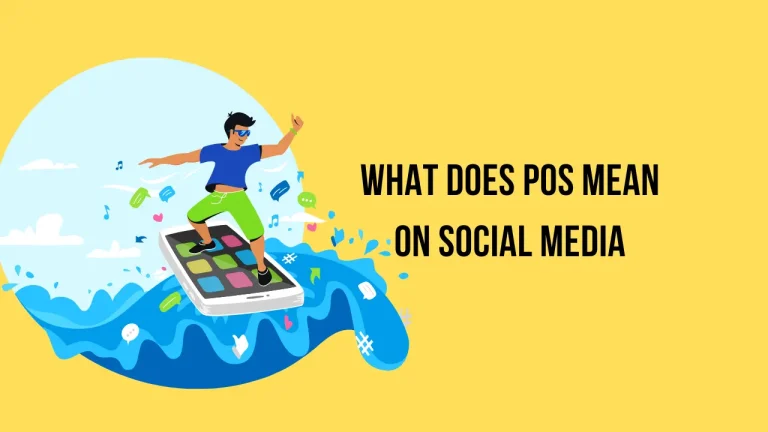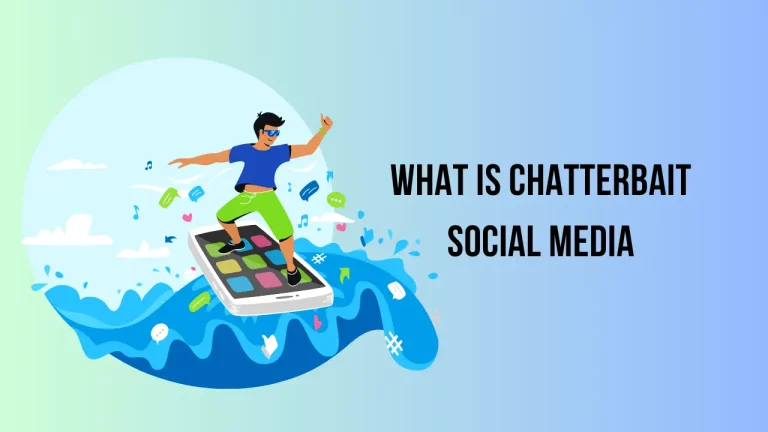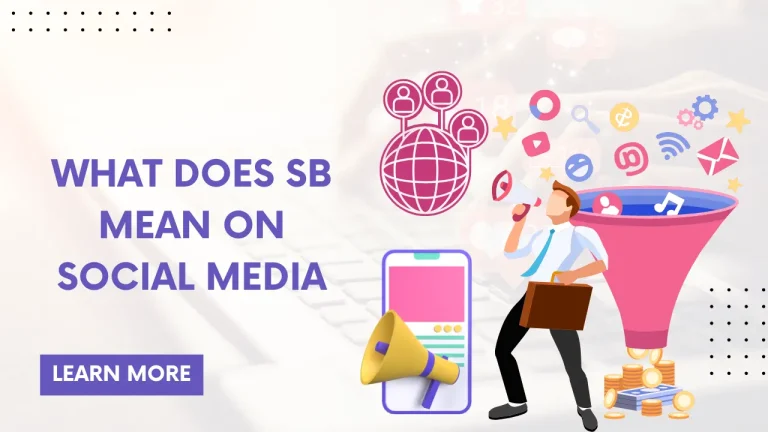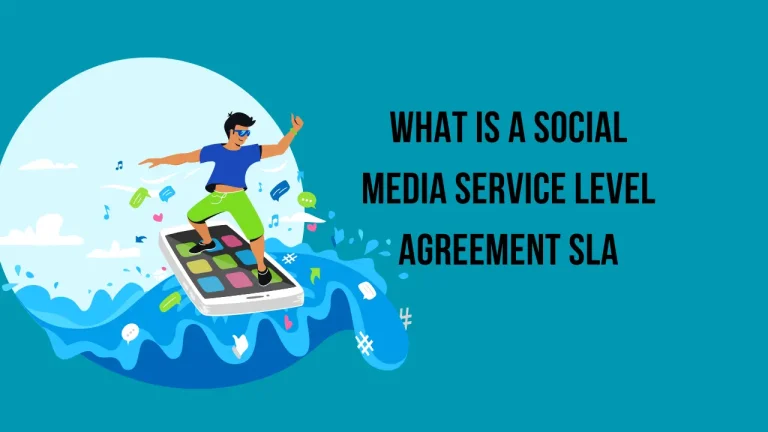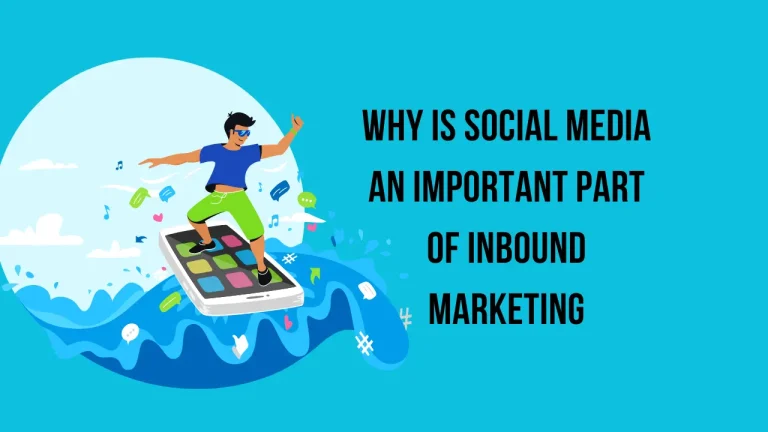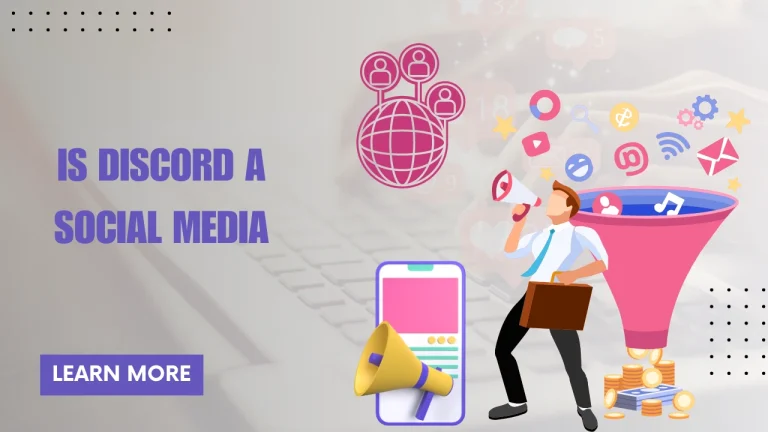Is Deleting Social Media A Sign Of Depression
Are you considering deleting your social media accounts? You’re not alone. Many individuals are questioning the impact of social media on their mental health and well-being. It’s a valid concern, as research suggests that excessive use of social media can contribute to feelings of loneliness, inadequacy, and even depression. Is Deleting Social Media A Sign Of Depression?
Deleting social media can be seen as a sign of self-awareness and taking control over your mental health. It’s a conscious decision to prioritize your well-being and create healthier habits. While it may seem daunting at first, deleting social media can offer numerous benefits such as improved self-esteem, increased productivity, better sleep quality, and enhanced real-life connections.
However, it’s important to note that deleting social media alone does not necessarily indicate depression. Depression is a complex condition with various symptoms and causes. If you’re experiencing signs of depression such as persistent sadness, loss of interest in activities, changes in appetite or sleep patterns, it’s crucial to seek professional help.
In this article, we will explore the impact of social media on mental health, reasons why people choose to delete their accounts, signs of depression to look out for, the benefits of deleting social media, and how to seek help and support if needed.
Key Takeaways
- Deleting social media does not necessarily indicate depression.
- Excessive use of social media can have a negative impact on mental health and well-being.
- Deleting social media can offer benefits such as improved self-esteem, increased productivity, better sleep quality, and enhanced real-life connections.
- Seeking help and support is crucial after deleting social media.
The Impact of Social Media on Mental Health

Deleting social media can have a profound impact on your mental health. Excessive use of social media has been linked to negative effects on self-esteem. Constant exposure to carefully curated posts and images can create feelings of inadequacy, as users compare themselves to others who seem to have perfect lives.
Moreover, the influence of social media on body image perception cannot be ignored. People often see unrealistic beauty standards promoted on these platforms, leading to body dissatisfaction and even eating disorders in some cases.
However, it’s important to note that deleting social media isn’t always a sign of depression. There are various reasons why people choose to disconnect from these platforms, such as reducing distractions, improving productivity, or simply wanting a break from the constant pressure of maintaining an online presence.
Understanding these reasons can help us navigate the complex relationship between social media and mental health more effectively.
Reasons Why People Choose to Delete Social Media
Opting out of the virtual world can provide a refreshing sense of liberation and freedom. There are several reasons why people choose to delete social media, particularly when they feel overwhelmed by the constant exposure and addiction that comes with it. Here are three common reasons for digital detox:
- Social Media Addiction: Many individuals find themselves spending excessive amounts of time scrolling through feeds, comparing their lives to others, and seeking validation through likes and comments. Deleting social media allows them to break free from this addictive cycle.
- Mental Health: Some people may find that social media negatively impacts their mental health, leading to feelings of anxiety, depression, or low self-esteem. By removing themselves from these platforms, they can prioritize their well-being.
- Time Management: Social media can be a major time drain, causing individuals to neglect important tasks or relationships. Deleting social media helps them regain control over their time and focus on more meaningful activities.
Transitioning into the subsequent section about ‘signs of depression and mental health red flags’, it is crucial to recognize when opting out of social media goes beyond a simple digital detox.
Signs of Depression and Mental Health Red Flags
Are you wondering how to identify symptoms of depression? It’s important to understand the link between social media and depressive symptoms.
By recognizing these signs, you can take steps towards improving your mental health and well-being.
Identifying Symptoms of Depression
If you’re feeling down, it’s important to recognize the symptoms of depression. Here are some signs to look out for:
- Persistent sadness or feelings of emptiness: It may feel like a weight is constantly on your shoulders.
- Loss of interest in activities: Hobbies and things that used to bring joy no longer hold any appeal.
- Fatigue and lack of energy: Even simple tasks can feel overwhelming and exhausting.
- Changes in appetite or weight: You may experience significant weight loss or gain without trying.
- Difficulty concentrating or making decisions: Thoughts become foggy, making it hard to focus.
Identifying these symptoms is crucial in understanding your mental health. By recognizing these triggers, you can develop coping mechanisms for managing depression symptoms. Understanding the link between social media and depressive symptoms is the next step in exploring this topic further.
Understanding the Link Between Social Media and Depressive Symptoms
Feeling down? Discover the hidden impact that scrolling through your newsfeed can have on your mental well-being. Research has shown a link between social media and anxiety, as well as its role in self-esteem.
Constant comparison to others’ highlight reels can leave you feeling inadequate and anxious about your own life. The pressure to maintain a perfect online persona can be overwhelming, leading to feelings of low self-worth.
Social media can also contribute to FOMO (fear of missing out), making it difficult to disconnect and find peace within yourself. Understanding the negative effects of social media on your mental health is the first step towards finding relief. But don’t worry, there are benefits to deleting social media that we’ll explore in the next section – you’re one step closer to a happier, healthier you!
The Benefits of Deleting Social Media
Deleting social media can bring a sense of liberation and freedom into your life. By disconnecting from the online world, you open up space for real connections, self-reflection, and personal growth.

One of the biggest benefits of deleting social media is improving your mental health. Constant exposure to carefully curated highlight reels can lead to feelings of inadequacy, comparison, and even depression.
Taking a break from social media allows you to focus on your own well-being without the pressure to constantly compare yourself to others. It provides an opportunity for self-care and finding activities that truly bring you joy.
Disconnecting from social media is not a cure-all for depression, but it can be a step towards prioritizing your mental health and seeking help and support in more meaningful ways.
Seeking Help and Support
Now that you’ve made the decision to delete social media and reap its benefits, it’s important to recognize that seeking help and support is a crucial step in your journey. You’re not alone in this process, as there are various resources available to assist you.
Support groups can be a valuable source of understanding and encouragement, connecting you with others who’ve experienced similar struggles. These groups provide a safe space for sharing stories, offering advice, and receiving validation for your feelings.
Additionally, therapy options such as counseling or cognitive-behavioral therapy can provide professional guidance in managing any underlying issues that may have contributed to your decision to delete social media.
Remember, reaching out for support is a sign of strength and taking proactive steps towards improving your mental well-being.
Frequently Asked Questions
Conclusion
In conclusion, deleting social media can be a sign of depression, but it’s not always the case. Many people choose to delete their accounts for various reasons, including wanting to prioritize mental health and reduce comparison and negative self-perception.
While social media can have a negative impact on mental health, it’s important to recognize that seeking help and support should be a priority for anyone experiencing signs of depression or other mental health issues. Deleting social media may be beneficial for some individuals, but professional help should also be considered when needed.

